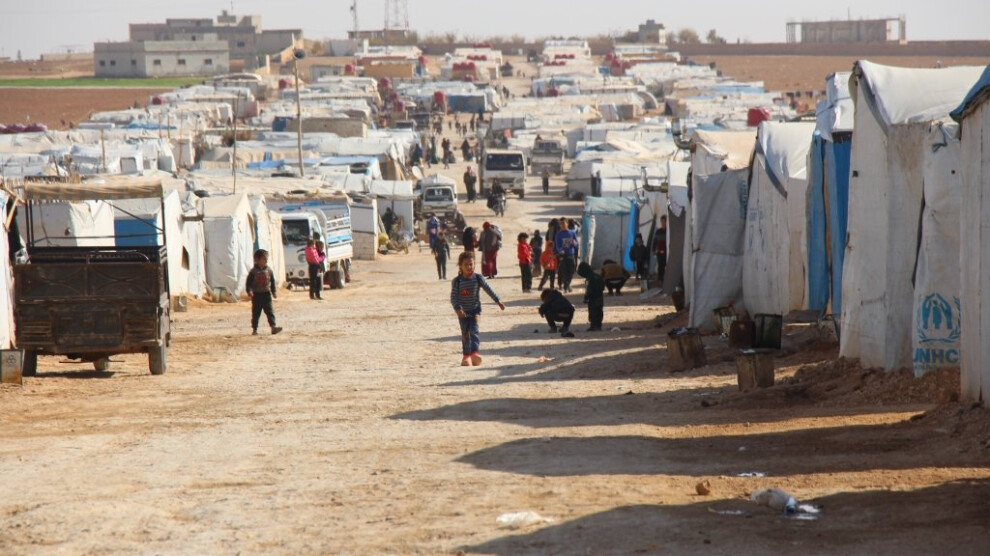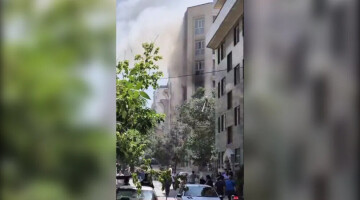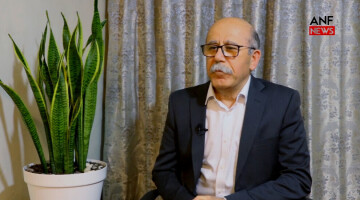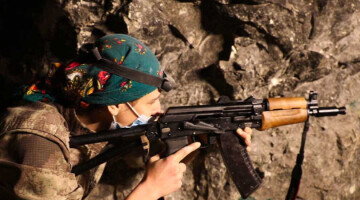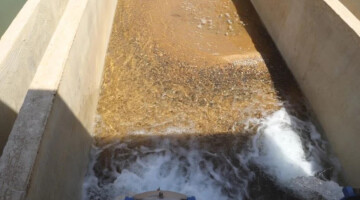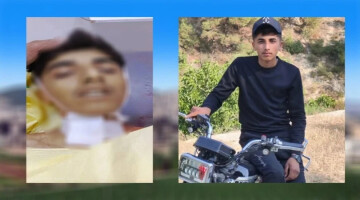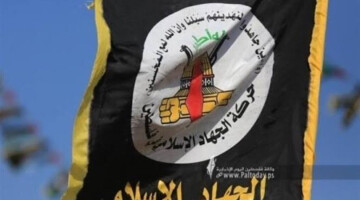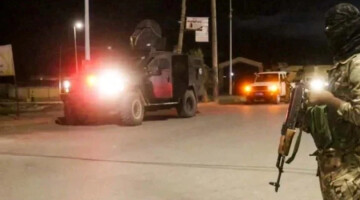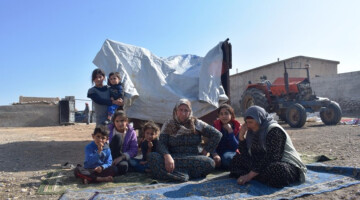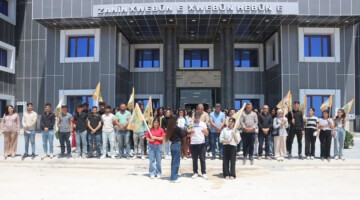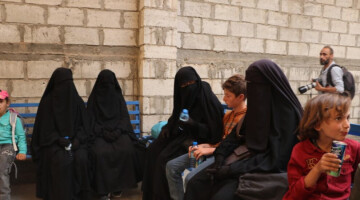The Autonomous Administration of Northern and Eastern Syria is trying to improve the living conditions of refugees in the camps. However, the fact that the Til Koçer Border Gate is closed, humanitarian aid cannot reach the region, and the embargo imposed by the Damascus government, increase the difficulties experienced by immigrants.
Closure of Til Koçer Border gate makes things more difficult
The United Nations Security Council announced that humanitarian aid to Syria was first delivered across the border in 2014. Northern and Eastern Syria received its share of aid for the refugees in the region from the Til Koçer Border Gate.
Due to the veto of Russia and China, humanitarian aid has not passed through the Til Koçer Border Gate to Northern and Eastern Syria for two years. Moreover, at the UN Security Council meeting last July, it was decided that humanitarian aid would only pass through the Bab El-Hewa Border Gate for 6 months.
While the border crossing issue in Syria was the subject of negotiations between the US, Russia and Turkey, this situation also had a negative impact on all camps in the Northern and Eastern Syrian regions, especially Hol Camp.
Crisis in Manbij
On 15 March 2017, the Democratic Civil Administration set up a camp in the village of Resem El-Exder, 6 kilometres east of Manbij city in Northern and Eastern Syria, where 651 families of refugees (3,820 people) from different parts of Syria were housed.
Ziyab El Ziyab (60), an immigrant from Aleppo in Resem El-Exder Camp, describes the difficulties experienced in the camp to ANHA.“We are having difficulties due to the sewage problem, the spread of diseases and garbage. We are facing great danger. We find it difficult to meet the needs of children. Children are getting sick because there is no stove in the tents.”
Although the Manbij Administration has provided basic living needs such as bread and fuel at low prices, the continuation of the embargo and the interruption of international aid negatively affect the provision of better services to the refugees.
Stating that she had to migrate to Manbij, the only safe place, 5 years ago due to the clashes between the Damascus government and ISIS gangs, Welida El-Elî (47) from Aleppo says: “We live in difficult conditions because our tents are filled with water when it rains . No matter how hard we try, it doesn't help."
Stating that children need school and clothing, Welîda El-Elî noted that the camp administration helped as much as they could, but added that there is a need for new tents to face the hard winter conditions.
Welîda El-Elî called on international organizations to provide humanitarian aid and to meet their tent and fuel needs.

